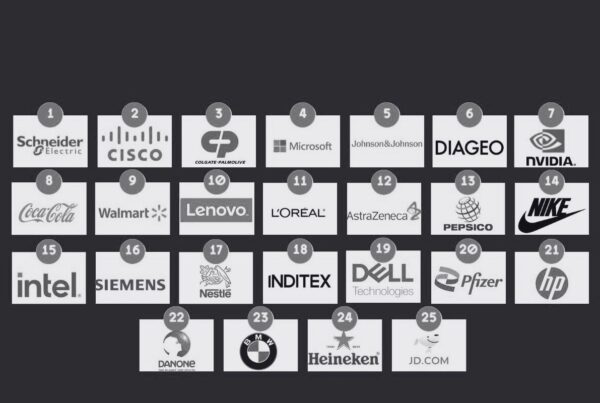Supply chain sustainability refers to the organisations effort to consider the human and environmental impact of a product or service within a supply chain right from procuring raw materials, manufacturing to warehousing & distribution (David Luther, Oracle 2021). In recent years many Multinational Corporations (MNCs) have pledged to work with suppliers that adopt sustainable practices and participate in environmental practices. And the whole aim to create a cascade of sustainable practices for smooth flow within a supply chain
But often, these standards and practices are not met. The fact is these practices needs to be implemented at grassroot level within a Supply Chain for it to successfully implement across the network. We see so many examples where top MNCs such as Apple were sourcing their electronic components from suppliers, such as Suyin Electronics based in China which relied on child labour under hazardous working conditions. They were fully aware of the issue and took three years to cut ties with the supplier after multiple allegations (Tyler Sonnemaker, Business Insider 2021). Brands such a Nike and Adidas were also criticised for sourcing from suppliers who were dumping harmful toxins into the river. When renown brand names are put in the spotlight due to these types of allegations you can only imagine how many other companies are knowingly or unknowingly working with manufacturers and suppliers with poor ethical & sustainability practices (Veronica V & Dennis G, Harvard Business Review 2021)
It’s easy to pledge for MNCs to work within sustainable social and environmental practices but hard to implement, especially at the grassroot levels in supply chain. According to a study conducted by Veronica V & Dennis G from Penn State University of MNCs who are considered Sustainability leaders, setting realistic long term sustainability goals and involving suppliers across the Supply Network in developing a Sustainability Strategy plays an important role in successful implementation of these standards and practices.
This study also proposed best practices following the observation of top three MNCs considered sustainability leaders (part of The Dow Jones Sustainability Index, Certified with ISO 9001 effective quality management systems, IS0 14001 environmental management systems and OHSAS 18001 safety management systems). These strategies could be implemented by MNCs to manage the lower-tier supplier sustainability is by using a combination of different approaches:
Direct Approach wherein MNCs can evaluate first-tier suppliers on their sustainability practices and work with them to map the organisations supply network.
Indirect Approach involved training and mentoring to help improve their procurement practices and rewarding suppliers who cascade sustainability practices to lower tier suppliers.
Collective Approach to comply with industry wide sustainability standards and encourage suppliers from all tiers to participate in programs offered by such industry organizations.
Global Approach is to work with organizations and NGOs that are focused to improving supply chain sustainability and make use of the data provided by such organizations to build your supplier portfolio.
Implementing these practices will help businesses become suppliers of choice for their customers. Rewards and recognition were also mentioned as ways to help boost such initiatives (Veronica V & Dennis G, Harvard Business Review 2021).
Sustainability is no longer to be monitored but rather actioned with integrated metrics and data for transparent evaluation, along with training and development for suppliers at all levels to support more ethical and sustainable business practices.
Written by Jerrin Francis, Recruitment Consultant





